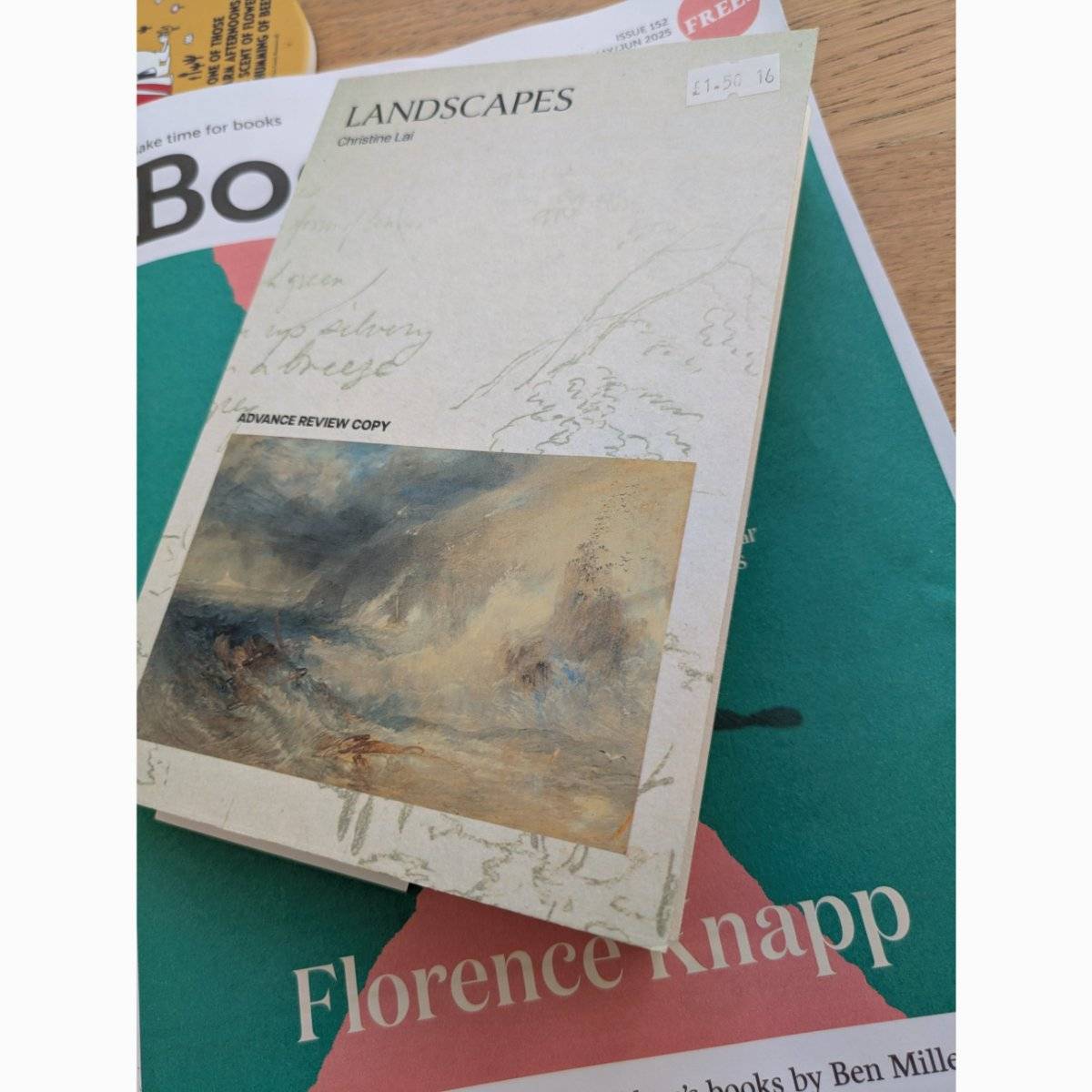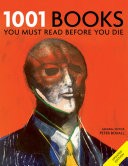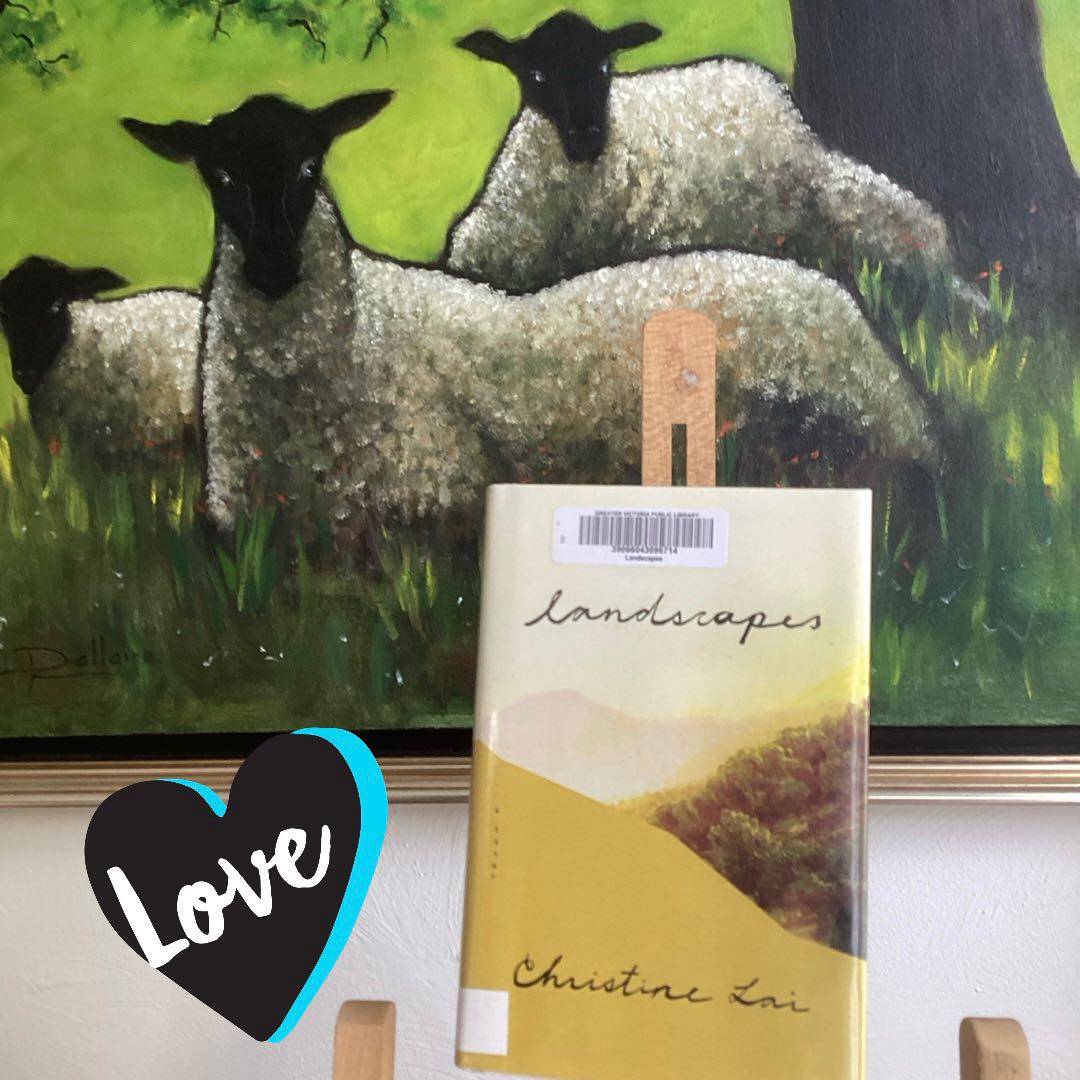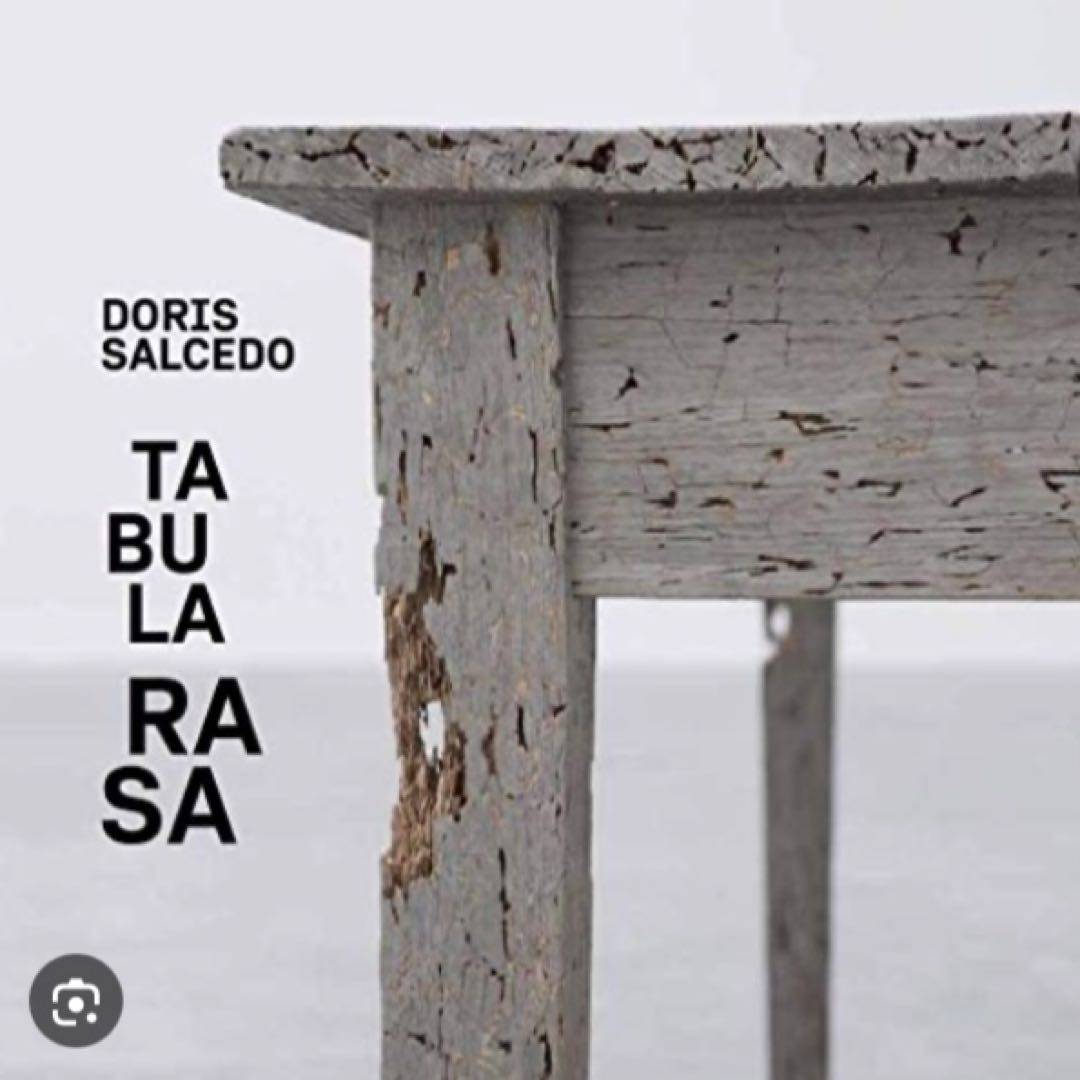
A journal style book set in near future when the country is drought ridden and conservation is key. This weaves memories and art depictions with day to day life. Each chapter is a month and includes sections on art works, ephemera, recollections and misogynistic attitudes to women and the non elite.
I'm blown away by this book. Unsettling and not a comfortable read but excellent.
























